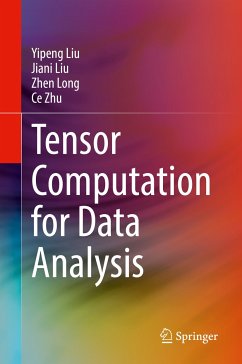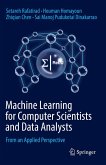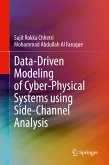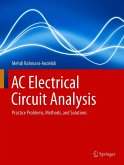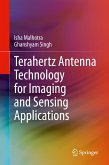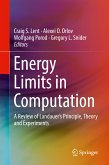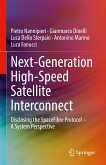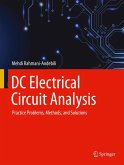This book is intended to provide non-specialists an overall understanding of tensor computation and its applications in data analysis, and benefits researchers, engineers, and students with theoretical, computational, technical and experimental details. It presents a systematic and up-to-date overview of tensor decompositions from the engineer's point of view, and comprehensive coverage of tensor computation based data analysis techniques. In addition, some practical examples in machine learning, signal processing, data mining, computer vision, remote sensing, and biomedical engineering are also presented for easy understanding and implementation. These data analysis techniques may be further applied in other applications on neuroscience, communication, psychometrics, chemometrics, biometrics, quantum physics, quantum chemistry, etc.
The discussion begins with basic coverage of notations, preliminary operations in tensor computations, main tensor decompositions and their properties. Based on them, a series of tensor-based data analysis techniques are presented as the tensor extensions of their classical matrix counterparts, including tensor dictionary learning, low rank tensor recovery, tensor completion, coupled tensor analysis, robust principal tensor component analysis, tensor regression, logistical tensor regression, support tensor machine, multilinear discriminate analysis, tensor subspace clustering, tensor-based deep learning, tensor graphical model and tensor sketch. The discussion also includes a number of typical applications with experimental results, such as image reconstruction, image enhancement, data fusion, signal recovery, recommendation system, knowledge graph acquisition, traffic flow prediction, link prediction, environmental prediction, weather forecasting, background extraction, human pose estimation, cognitive state classification from fMRI, infrared small target detection, heterogeneous information networks clustering, multi-view image clustering, and deep neural network compression.
Dieser Download kann aus rechtlichen Gründen nur mit Rechnungsadresse in A, B, BG, CY, CZ, D, DK, EW, E, FIN, F, GR, HR, H, IRL, I, LT, L, LR, M, NL, PL, P, R, S, SLO, SK ausgeliefert werden.

